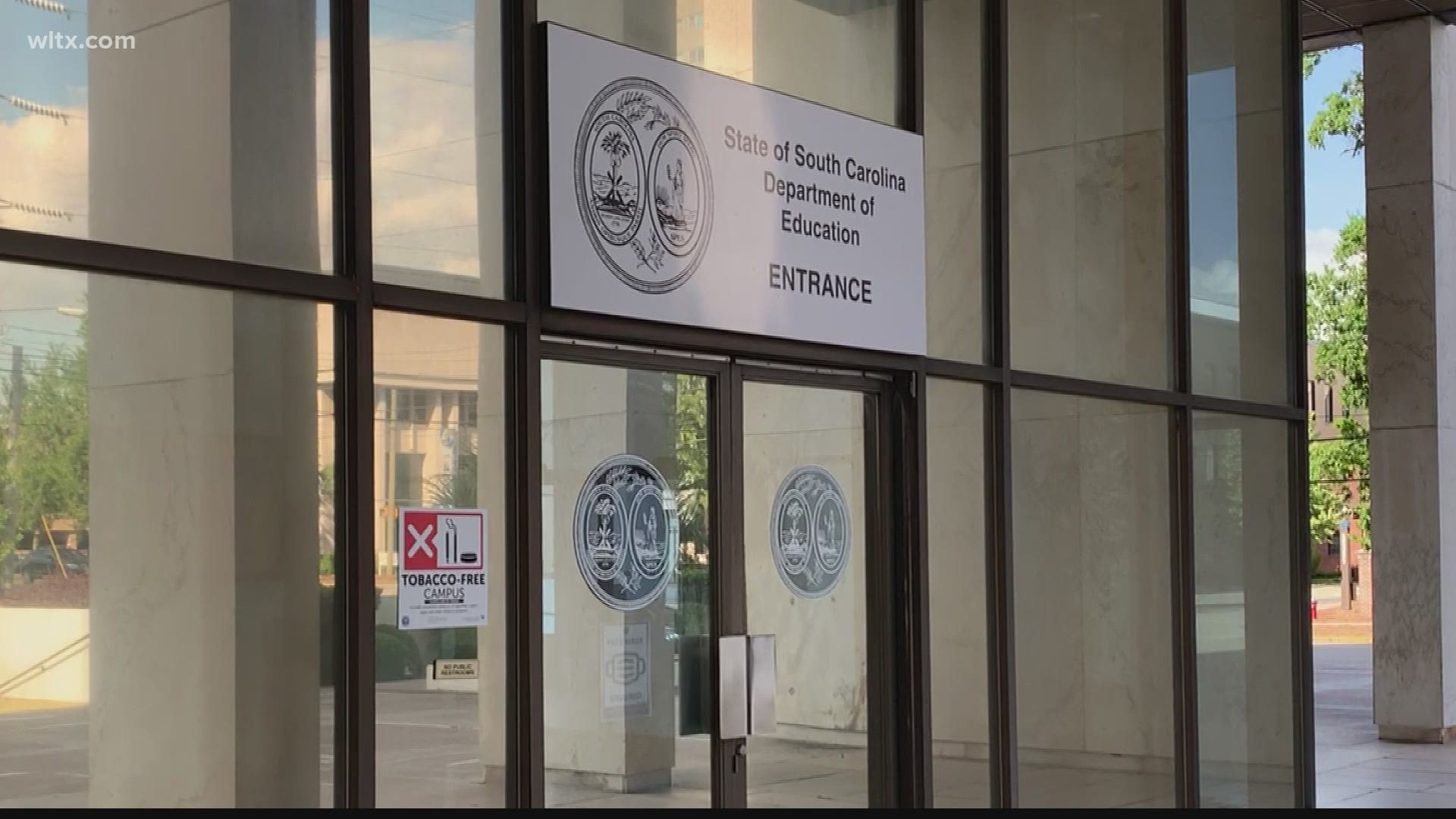COLUMBIA, S.C. — A new law signed by the Governor gives the South Carolina Department of Education power to overtake school districts and dissolve their school boards if they’re underperforming.
The goal of the new law is to improve education by holding school districts accountable. If a district receives bad ratings three years in a row, the Department of Education could assume management and control who runs it.
"This is a do-nothing bill passed by bureaucrats and politicians that don’t have a clue what it’s like in a school," Senator Mike Fanning told News19 Wednesday.
Fanning thinks it’s an overreach of state government and said it won’t improve education.
"We in the General Assembly need to own up to our responsibility before we go into another part of the state and condemn them for doing some things with less resources than other districts," said Fanning.
Instead, Fanning suggested improving education in the state by funding underperforming districts, including teachers in the decision-making process and having smaller classroom sizes.
Supporters of the law say it gives schools actionable plans to follow so they can see growth and it holds board members accountable.
The Department of Education told News19 they’ve worked on the law for several years. They wrote that “it holds school boards and the state accountable for student academic outcomes in our lowest performing schools and districts.”
Under the law, if a school gets a poor rating, they must create a strategic plan to improve and publicize that plan. If it doesn’t show improvement and gets a bad report card for another two years, the Department of Education could possibly assume management of the school.
A district is subject to the law too if 65% of its schools are rated poorly for three years in a row. The state agency said they’d likely replace the superintendent and the new law eliminates the school board.
"It takes away the right to vote," said Fanning. "These boards are going to be abolished and for a minimum of three years the state superintendent has complete power, and for a minimum of three years after that an interim non-elected board is appointed."
The law aims to ensure better leadership for schools and students, but Senator Fanning thinks it’s unfair to not let the people elect their board members.
The new law will go into effect July 2022. South Carolina schools were not rated last year due to the pandemic and SCDE says they won’t be rated this year either.

